Ruth Behar, the Pura Belpré Award-winning author of Lucky Broken Girl and Letters from Cuba, was born in Havana, Cuba, grew up in New York, and has also lived in Spain and Mexico. Her work also includes poetry, memoir, and the acclaimed travel books An Island Called Home and Traveling Heavy. She was the first Latina to win a MacArthur “Genius” Grant, and other honors include a John Simon Guggenheim Fellowship and being named a “Great Immigrant” by the Carnegie Corporation. An anthropology professor at the University of Michigan, she lives in Ann Arbor, Michigan.
I had the opportunity to interview Ruth, which you can read below.
First of all, welcome back to Geeks OUT! For readers who might not be familiar with you, could you tell us a little about yourself?
I’m a writer of books for young readers and have written middle-grade novels and picture books. Key themes in my books are immigration, identity, and the search for home. I’m also a cultural anthropologist and have written several books about my travels in Spain, Mexico, and Cuba.
What can you tell us about your latest book, Across So Many Seas? What was the inspiration for this story?
Across So Many Seas is a story about four generations of a Sephardic Jewish family. It is told from the point of view of four twelve-year-old girls, Benvenida living in Spain in 1492, Reina living in Turkey in 1923, Alegra living in Cuba in 1961, and Paloma living in Miami in 2003. The stories of the four girls connect, but you have to read to the end to find out how. It’s a puzzle that comes together piece by piece until the last piece is found in the place where the story began, in Toledo, Spain. I’ve been reflecting on the Sephardic story of displacement and nostalgia for a lost Spain for many years. I have written poems on the subject and made a documentary about the Sephardic Jews of Cuba. And now, more recently, I began thinking about my paternal grandmother’s story and felt I should write a novel inspired by her life. She was sent from Turkey to Cuba by her family and never saw her parents again. I wondered how it felt for her to start over in a new place as a young person. She brought an oud and sang old Spanish songs. I was so touched by that and it became the inspiration for the book.
Were there any books/films/music/etc. that inspired you while writing your latest project?
I listened to a lot of Sephardic songs while writing my book and these songs are an important part of the book. You can find them on the playlist on my website.
As a writer, what drew you to the art of storytelling, especially middle grade fiction and historical fiction?
I’ve always been fascinated by history. I am curious about how people lived in the past and I am drawn to the traces that remain of the past in the present, in the form of artifacts, architecture, literature, stories, and songs. As an anthropologist, I did a lot of work in oral history and loved collecting people’s stories. So writing historical fiction feels natural to me. I realized I could be a middle grade fiction writer when I wrote Lucky Broken Girl, my debut novel, from a ten-year-old girl’s perspective. I felt at home in that voice and being that age again. This young girl still lives in me and has many stories to tell.
How would you describe your writing process?
I would say that I tend to be slow and dawdling at first and then I start writing faster and with more momentum as my deadline approaches. I work from a brief outline and then have faith that the writing will happen if I sit down and let the characters speak to me.
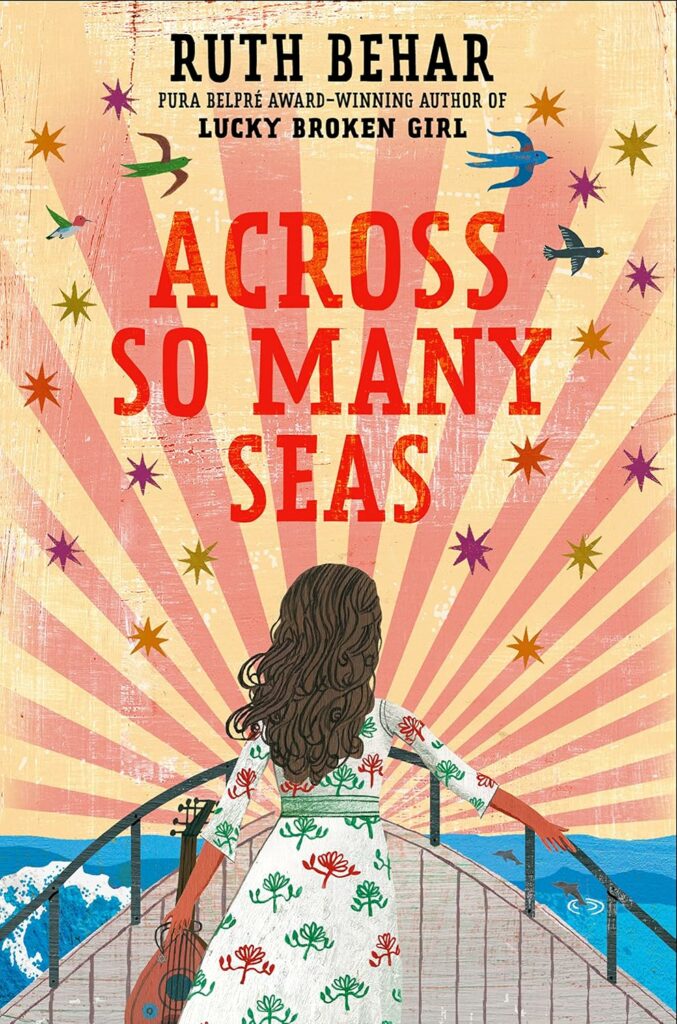
What are some of your favorite elements of writing? What do you consider some of the most frustrating and/or difficult?
The favorite element of writing for me is the magic of storytelling. I love how the unexpected happens in the course of writing and how you have to surrender to things you didn’t realize you were going to say. I think the frustrating or difficult aspect of writing is self-censorship. It’s not good to judge your writing too soon and yet we all have that tendency to be harsh with ourselves. You have to let the writing unfold and take you on paths that seem uncertain and even scary, so that you can find your way to telling hidden truths, which are the necessary truths of the story.
Aside from your work, what are some things you would want others to know about you?
I’m now a grandmother – and I still like to dance salsa and bachata.
What advice might you have to give for aspiring writers?
I once asked this question to the Cuban poet Dulce María Loynaz, who I had the good fortune to meet in Havana when she was in her nineties, and she said “Read more, write less.” I think that’s good advice. I’d also add, “Listen more, speak less.” Reading and listening are the foundation for writing.
Are there any other projects you are working on and at liberty to speak about?
I’m working on a verse novel now as well as a picture book. More details coming soon!
Finally, in reference to Across So Many Seas, what Cuban and/or Jewish books/authors would you recommend to the readers of Geeks OUT?
I highly recommend the beautiful new memoir, Dwell Time: A Memoir of Art, Exile, and Repair, by my friend, Rosa Lowinger, who is Cuban Jewish and an extraordinarily talented writer and art conservator. I recommend the stunning novel, Kantika, by Elizabeth Graver, a Sephardic saga inspired by her grandmother’s story, which explores the lives of women with great sensitivity. And I want to be sure to mention a classic Sephardic memoir and historical chronicle, The Cross and the Pear Tree: A Sephardic Journey, by Victor Perera, as well as the gorgeous Sephardic poems of Marjorie Agosin in The White Islands/Las islas blancas.
Header Photo Credit Macarena Hernandez

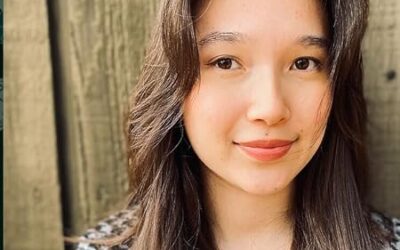
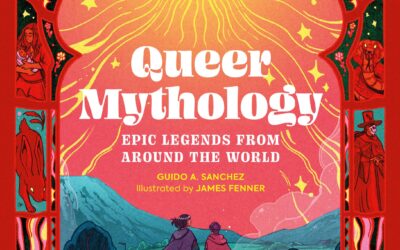
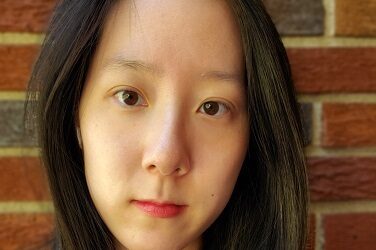
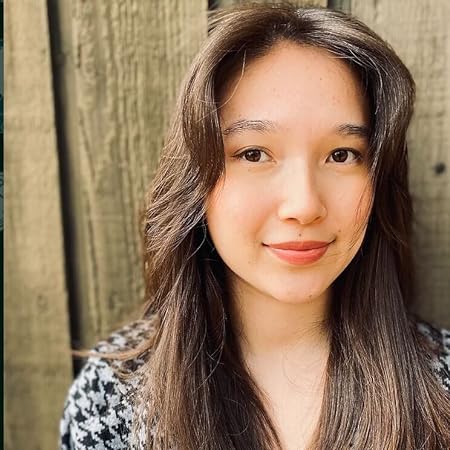
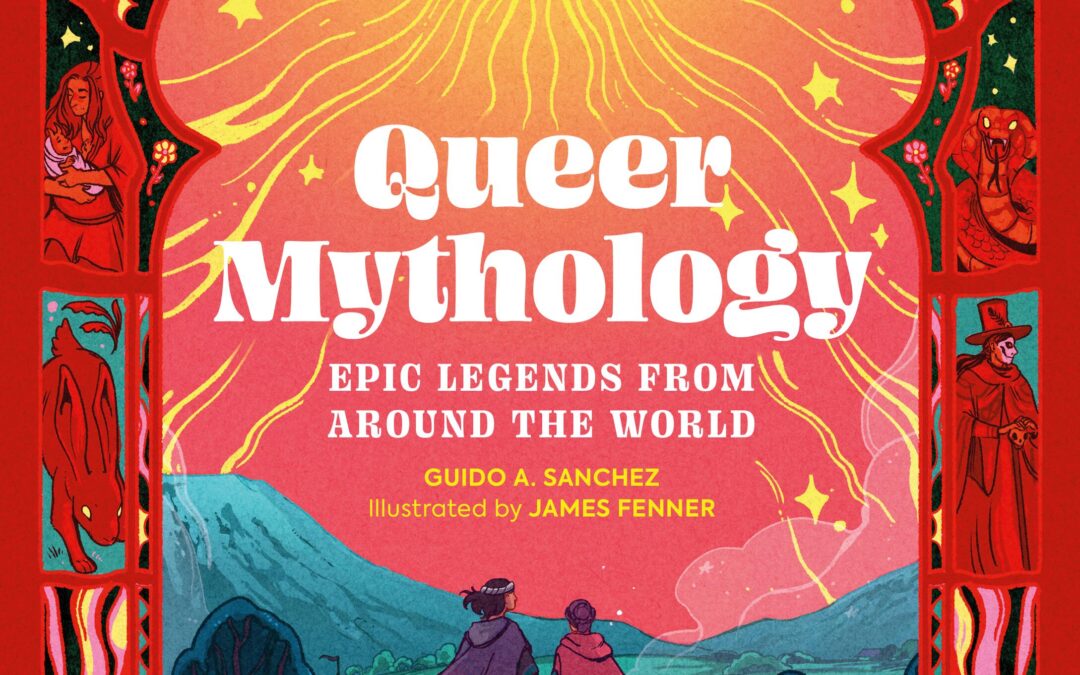
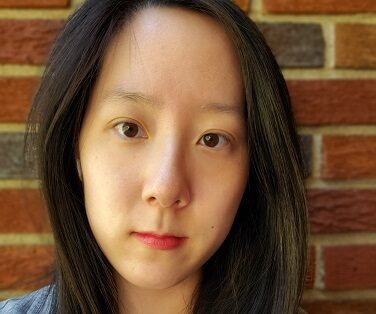
0 Comments